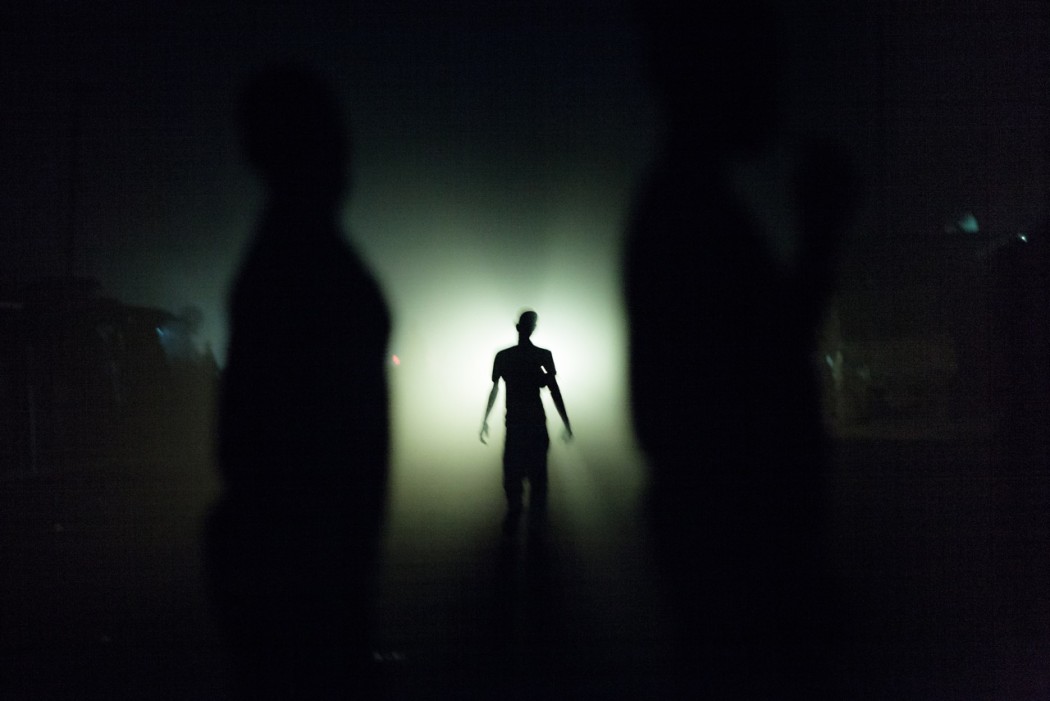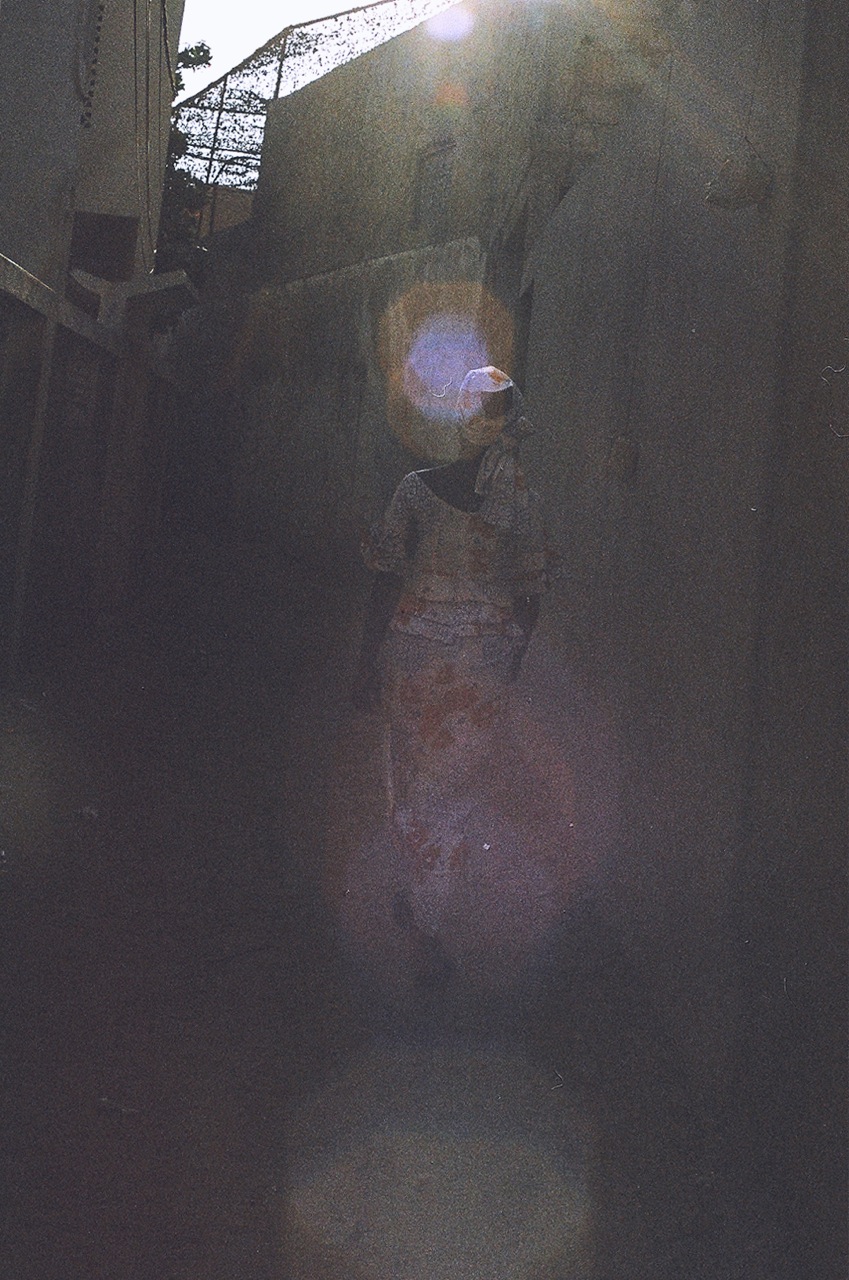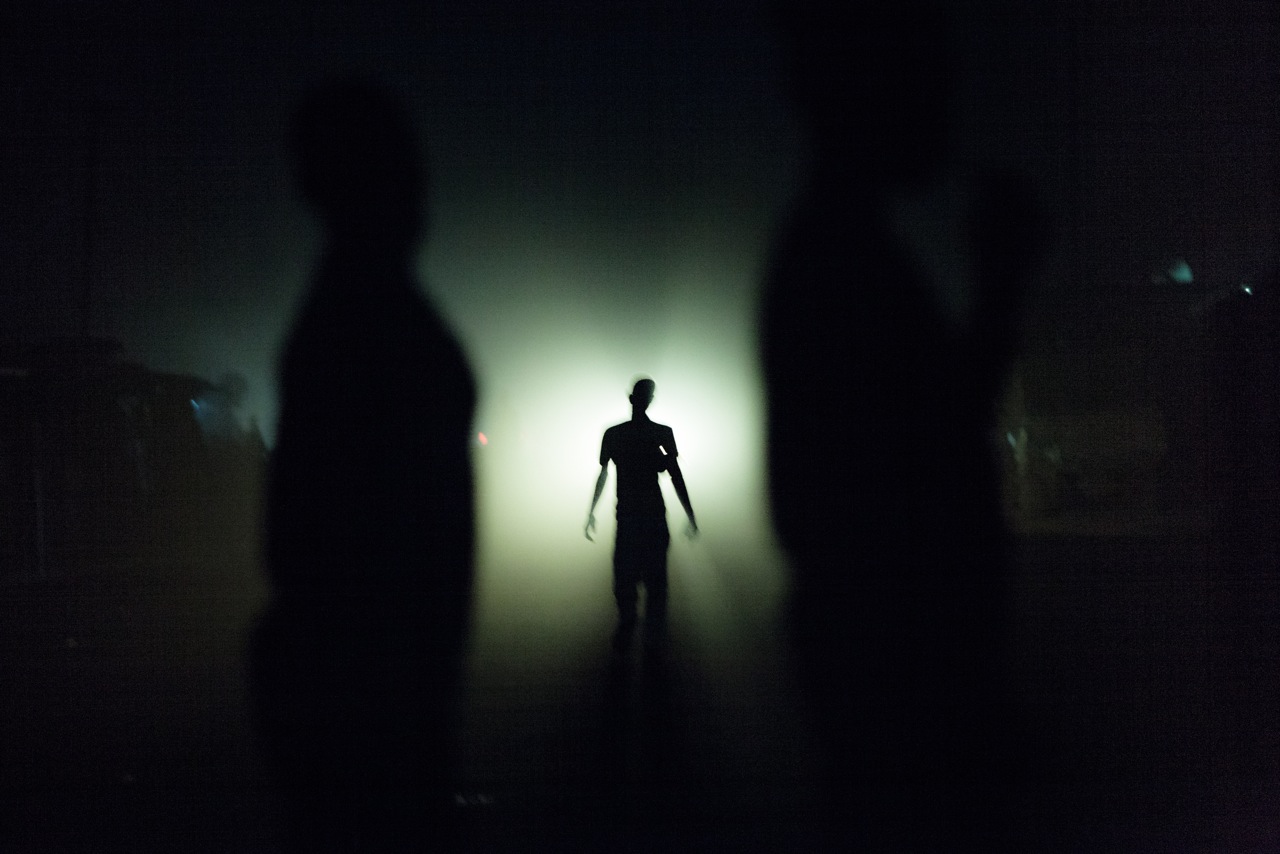Ozzie Hoppe offers readers of The Yellow Sparrow his pro tips on photography on the go. He also allows an isight into his own life and experiences, with some wild and hilarious stories that’ll put to rest every ‘What’s the story behind that shot?’ question you have. Read his words below, and don’t forget to check out our feature on him. Now, we leave you in Ozzie’s hands, so that you can click on the go like never before.
I used to carry a lot of gear around, thinking I would need every lens and contraption, ready for use at any occasion. Not only does this leave you liable to theft, it physically kills you. I suggest keeping it simple, with a camera and one lens. If you can ditch the bag, too, and just carry your camera in a black plastic bag, that would be best. Don’t make a scene and use a camera that is easy to dial in- the camera you are most comfortable using.
Don’t worry about technology; you don’t need the newest camera. Amazing work is created by people using anything from phones to old film cameras. The photo and the subject matter in the photo, at the end of the day, are all that matter.
I like to keep it light and pick a certain time of the day to take photos, and stick to it, or if I am in transit, I shoot all day. There are a ton of other things to do throughout the day, so try not to get too busy and leave a few hours for yourself every day, wherever you are.
If I am not working on an actual story or a specific shoot, I try to pick a visual element I want, a silhouette or evening light, long exposure at night or portrait, and then I try to get what I am looking for while shooting everything else that might happen in between. This, at least, gives me some direction and helps me with day-to-day shooting.
Here are a few photos from different situations that I encountered while traveling.
1. Dakar, Senegal.
This is an evening time shot on an old film camera with some low grade film and a 50mm lens in a narrow alleyway in N’Gor. I like this as the alleyways and the sun spilling in create some great contrast and it can be hard to shoot quickly as there is a large variation between the dark and light areas.
The women in Dakar dress gracefully in an elaborate and colourful style. This is a fleeting glimpse; and the sun hitting the lens matches the colour of her dress perfectly. She had a captivating sense of empowerment in her walk: very strong and determined.
2. Utter Pradesh, India.
I had become very ill in Uttar Pradesh; I was vomiting, and had a stomach virus and a high fever. My first inclination was to get out, so I booked a train ticket to Jaisalmer and just wanted to head to a dry and open space. I took any medication within reach at the chemist, boarded the train and woke up 16 hours later in a medicated haze but was starting to feel better.
The first thing I saw from my bunk was a group of men with an assortment of guns casually resting upon them, all over the place. Dressed in street clothes, they drank chai, played cards on a box of water, and seemed to be acting rather naturally given the fact that there was every gun—from a 9mm to semi automatic rifles—around them. I counted five men and twenty guns; they were all over the place— on the benches, the floor, tucked behind their belts, in bags, you name it! I won’t say what they were doing, but the irony I sensed, between the seriousness of their contents and playfulness of their demeanour, compelled me to secretly snap a photo.
3. Sahel desert, Senegal.
In the South Eastern corner of Senegal is an area that lies at the intersection of the Sahel desert and Sub-Saharan Africa. It’s an area where gold mining exploitation has been ignited and where child labour along with inhumane working conditions create a difficult situation for migrant and local workers who are employed by private and corporate mine owners.
This photo was taken during a power outage on a dusty road as everyone returned home from working. This was when the Ebola virus was at its height and the borders of Senegal were closed. All workers relying on international trade or the highway economy of this area were without work or resorting to other means.
In my photo, a silhouetted individual walks while back lit by a procession of trucks and motorcycles. There was something symbolic in the physical nature of his walk that, to me, was indicative of what was happening here at this time.
4. The Strait of Malacca.
A boat driver takes a break in the Strait of Malacca, an area known for piracy, between Singapore and Indonesia. I was traveling from Singapore to the Southern part of Sumatra by boat, bus and taxi and made the acquaintance of this crew of boatmen who ran a small, thirty-passenger boat in the Strait. The boat trip itself was a twelve to fifteen-hour ride, with multiple stops.
The crew had a subwoofer in the navigation area and several speakers strung off it. They played an assortment of hip-hop music from the US and Indonesian pop music for the entirety of their journey. They were excited to engage with me on all topics and I would have happily spent more time if it were not for the fact that I had to move on.
They work extremely long days and nights, and chain smoke to stay awake, but had a humorous and warm air about them that I found infectious. I washed the pants that had their contact information so I doubt I will cross their paths again, but they left a positive memory for me about this part of the world.
5. Rajasthan, India.
During a hitchhiking trip with truck drivers for an assignment with an Indian magazine, we were stopped at a Dhaba somewhere in Rajasthan. The drivers were a crew of five guys from a rural village in Gujarat and were headed to an area in Himachal Pradesh that was supplying hydroelectric energy. The five drivers shared driving duties between two 18-wheel trucks. They were carrying a double capacity load in weight so, at high speeds, the truck chassis would shake because of the weight it held in the back. The load they carried look like a giant bread roller, only in steel.
One of the drivers pictured had just turned eighteen, and was training for long haul trips. At one point in the night, he held the steering wheel with his knees while he leaned over to the other side of the truck cabin to reach for a USB that had music on it. Just as he grabbed the USB stick, the truck started to veer off the highway. I yelled to alarm him, and he quickly returned to the wheel and stabilised the trajectory of the truck. I don’t know if it was me or other factors at play, but a chaotic situation was averted and I felt relieved.
This picture has been taken the morning after. Truck drivers are blamed for being major contributors to the spread of HIV in India. This photo underscores some of the complexity of their private lives.
6. Bhopal, India.
While traveling from Delhi on the train to a hill station Madhya Pradesh, I stopped off in Bhopal to change trains. It was a foggy morning as the winter inversion was trapping all the smog and evaporation against the fields and city. Just ten minutes before this photo was taken, I saw an old man fall into the gap between the platform and an exiting train. The train as it gained momentum, was bumping against him, leaving rusty streaks on his brilliant white tunic. I thought he would surely get impaled as the train was now traveling fast out of the station and his situation becoming more dire by the second. I blinked and, soon after, he had been pulled out miraculously and placed upon a large pile of potato sacks in a posture with his arms spread out, his mouth agape and his eyes staring into the imaginative possibilities of what could have been.
I walked out of the station a little frazzled by what I just saw and immediately encountered the same man reading an Urdu passage from a religious text, at a tailor’s shop just outside the station. I was enamoured by his presence, the scene, and the neatly ironed clothes that lay above him.
If this man was from Bhopal, then surely he lived through the Union Carbide disaster and his thoughts would be a great oration about India. I am sure he has many tales to tell. At times like these, I wish I had more linguistic prowess, spoke Urdu, and could converse with him.
In the end, I’d just like to leave you with this thought to remember: be a nice person, make some new friends and drink plenty of water.
















